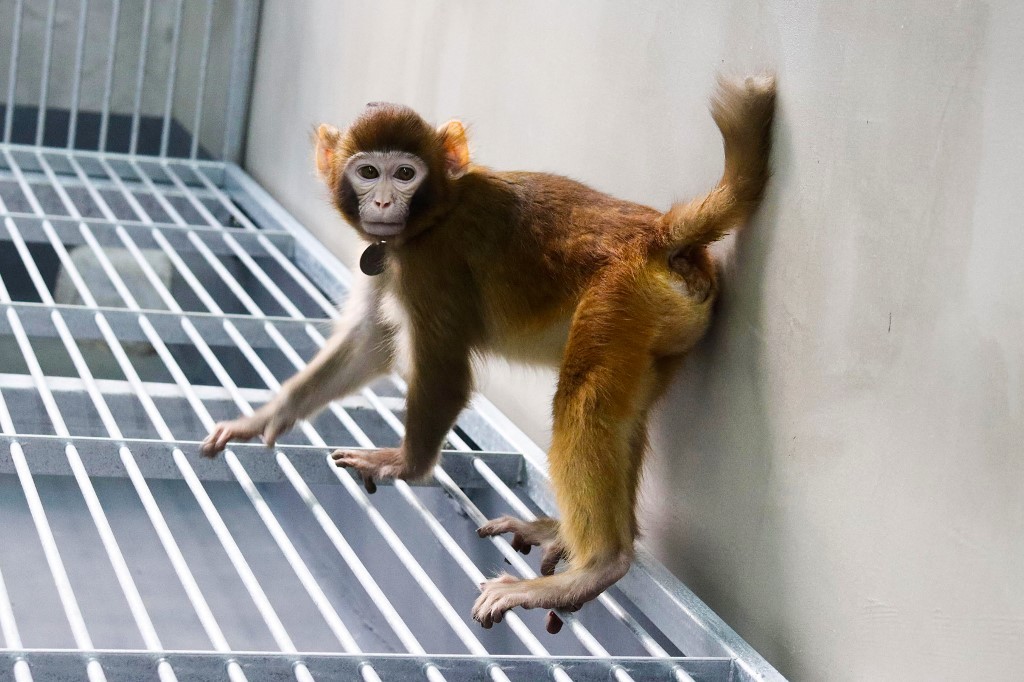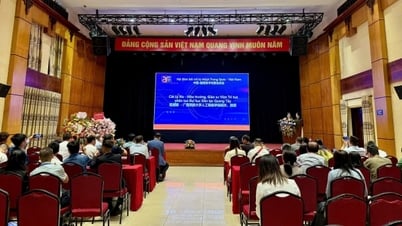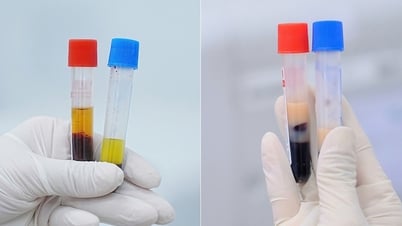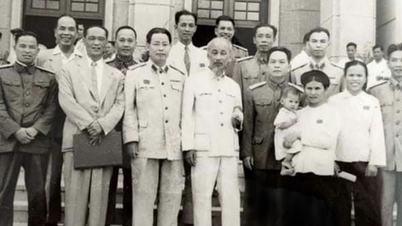
2-year-old Retro monkey cloned
Scientists in China announced on January 16 that they had successfully cloned the first healthy golden monkey, a 2-year-old monkey named Retro, by modifying the process that created Dolly the sheep, according to AFP.
Primates are difficult to clone, and scientists have overcome years of failures by replacing the cloned cells that would become the placenta with cells from a normal embryo.
They hope the new technique will help create identical rhesus monkeys that can be tested in medical research. However, outside researchers warn that the success rate of the new method is still very low, and raises ethical questions around cloning.
Since the historic cloning of Dolly the sheep using somatic cell nuclear transfer (SCNT) in 1996, more than 20 different animal species have been created using this process, including dogs, cats, pigs and cattle.
However, it took nearly two decades for scientists to clone the first primates using SCNT. Scientists focused on SCNT in part because it could produce more clones, with the goal of creating identical monkeys to study a variety of diseases and test drugs.
A pair of identical macaques were created using SCNT in 2018 by researchers at the Institute of Neuroscience at the Chinese Academy of Sciences in Shanghai.
But that breakthrough, conducted by expert Cuong Son at the institute, yielded less than 2% success. Cuong is also the senior author of the new study, published in the journal Nature Communications .
The expert said his team had been actively reviewing previous failed attempts. One of the major problems, he said, was that the placentas of cloned embryos showed abnormalities compared to embryos from in vitro fertilization.
So the researchers replaced the cells that would become the placenta, called trophoblasts, with cells from healthy, uncloned embryos.
These cells provide nutrients to the developing embryo and turn into a placenta that provides oxygen and other life-supporting factors to the fetus, which "significantly improves the success rate of cloning by SCNT" and leads to the birth of Retro, according to Cuong.
However, scientist Lluis Montoliu at Spain's National Center for Biotechnology pointed out that only 1 out of 113 early embryos survived, meaning the survival rate was less than 1%.
According to him, if humans want to be cloned, other primates will have to be cloned first.
But the poor performance of these efforts so far has shown that human cloning is not only unnecessary and controversial, but also extremely difficult and morally untenable if attempted, according to Montoliu.
Mr. Cuong emphasized that human cloning is "unacceptable" under any circumstances.
Source link


![[Photo] General Secretary To Lam visits exhibition of achievements in private economic development](https://vphoto.vietnam.vn/thumb/1200x675/vietnam/resource/IMAGE/2025/5/18/1809dc545f214a86911fe2d2d0fde2e8)


![[Photo] Ready for the top competitions of Vietnamese table tennis](https://vphoto.vietnam.vn/thumb/1200x675/vietnam/resource/IMAGE/2025/5/18/9c547c497c5a4ade8f98c8e7d44f5a41)






















![[Photo] National conference to disseminate and implement Resolution No. 66-NQ/TW and Resolution No. 68-NQ/TW of the Politburo](https://vphoto.vietnam.vn/thumb/1200x675/vietnam/resource/IMAGE/2025/5/18/adf666b9303a4213998b395b05234b6a)


































































Comment (0)